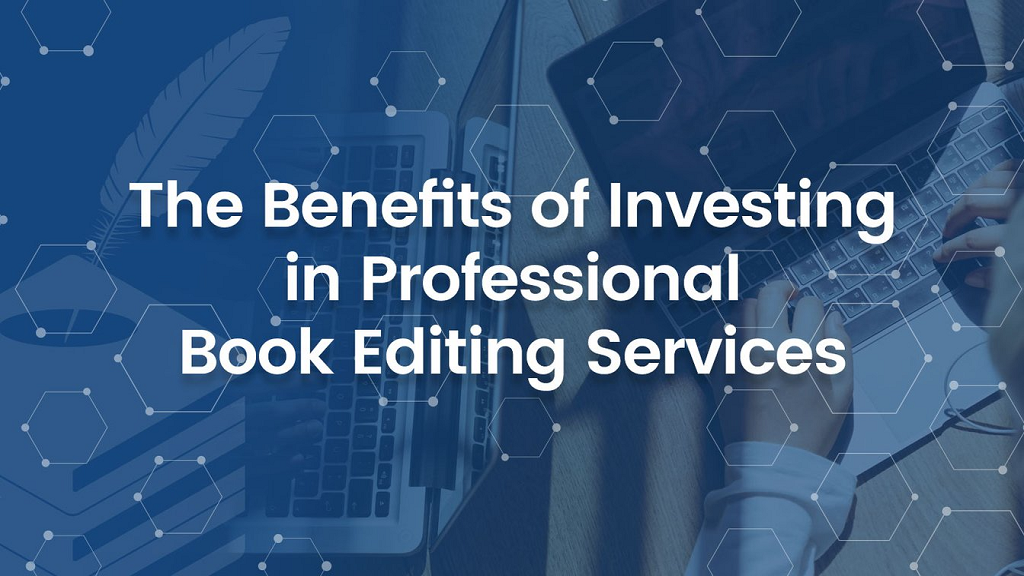Tips for Choosing the Right Staffing for a Successful Event

Hosting a successful event requires careful planning and preparation, and one of the most crucial elements is having the right staffing in place. Whether it’s a corporate conference, a wedding, a music festival, or any other type of event, having the appropriate number and types of staff members can make or break the entire experience. In this article, we’ll explore some essential tips to help you choose the right staffing for your next event.
1. Determine Your Staffing Needs
The first step in choosing the right staffing is to assess your event’s specific requirements. Consider the nature of the event, the number of attendees, the venue layout, and any special needs or activities that may require additional staff. Make a comprehensive list of all the roles and responsibilities that need to be covered, such as registration, ushering, security, catering, audio/visual support, and so on.
2. Establish a Staffing Plan
Once you have a clear understanding of your staffing needs, create a detailed staffing plan. This plan should outline the number of staff members required for each role, their schedules, and any specific qualifications or experience needed. Be sure to factor in breaks, shift rotations, and potential emergencies that may require additional staff coverage.
3. Hire Experienced Staff
While it may be tempting to save money by hiring inexperienced staff, it’s often worth investing in experienced professionals. Experienced event staff not only have the necessary skills and knowledge to handle various situations but also bring a level of professionalism and confidence that can significantly enhance the overall experience for attendees.
4. Provide Comprehensive Training
Regardless of the staff’s experience level, it’s crucial to provide comprehensive training before the event. This training should cover everything from the event’s schedule and layout to emergency procedures, customer service protocols, and any specific tasks or responsibilities they will be expected to perform. Well-trained staff will be better equipped to handle challenges and provide a seamless experience for attendees.
5. Consider Hiring a Staffing Agency
For larger events or those with complex staffing needs, working with a reputable staffing agency can be a wise decision. Staffing agencies have access to a pool of experienced event staff and can handle the recruitment, vetting, and scheduling processes, allowing you to focus on other aspects of event planning. Additionally, they often provide training and have backup staff available in case of last-minute staffing changes.
6. Emphasize Customer Service
Customer service should be a top priority when choosing event staff. Your staff members are the face of your event, and their interactions with attendees can significantly impact the overall experience. Look for individuals who are friendly, patient, and have excellent communication skills. Provide customer service training and emphasize the importance of creating a welcoming and positive atmosphere for all attendees.
7. Ensure Adequate Supervision
No matter how well-trained or experienced your staff is, it’s essential to have adequate supervision in place. Assign experienced team leaders or managers who can oversee the staff, provide guidance, and address any issues that may arise during the event. Clear lines of communication and a well-defined chain of command can help ensure that problems are resolved efficiently and effectively.
8. Consider Volunteer Support
Depending on the nature of your event, you may be able to supplement your paid staff with volunteers. Volunteers can be a cost-effective way to increase your staffing numbers and provide additional support for various tasks. However, it’s important to properly screen, train, and supervise volunteers to ensure they meet the necessary standards and requirements.
9. Plan for Contingencies
Despite meticulous planning, unexpected situations can always arise during an event. It’s essential to have a contingency plan in place to address staffing shortages, emergencies, or other unforeseen circumstances. This may include having a list of on-call staff members or a backup plan for reallocating staff resources as needed.
10. Review and Adjust
After the event, take the time to review and evaluate the performance of your staff. Gather feedback from attendees, staff members, and other stakeholders to identify areas for improvement. Use this information to refine your staffing plan for future events, ensuring that you continue to provide an exceptional experience for all attendees.
Choosing the right event staffing for your event is a critical component of its success. By following these tips, you can ensure that you have the appropriate number and types of staff members in place, all working together to create a seamless and memorable experience for your attendees. Remember, your staff is the face of your event, and their professionalism, customer service, and attention to detail can make a lasting impression on your guests.










